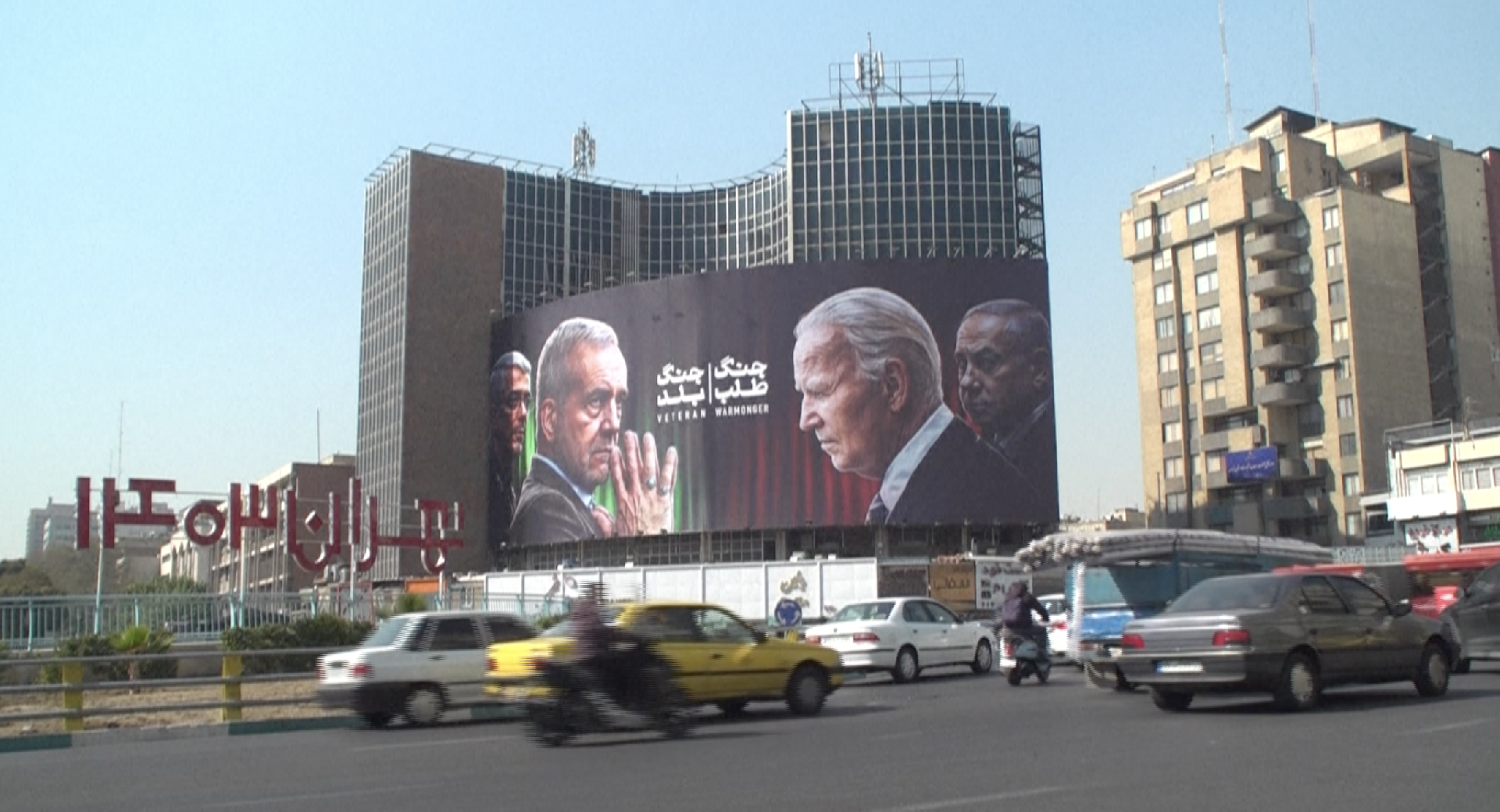- Home
- Middle East
- The Persians... Lurking in the Shadows of the US Election

©AFP
Will it retaliate, or will it hold back? It seems the die is cast… Iran finds itself with little option but to respond. After initially downplaying the Israeli strikes on October 26, Tehran's leaders have struggled to mask the significant blow dealt to them. A segment of their ballistic program was annihilated… leaving the Iranians stunned to realize that their once-mighty military, which had been proudly paraded, effectively retreated in the face of Israeli fighter jets.
Iran got the picture clearly. Some 100 aircraft took off from Israel, crossed Syrian airspace without a hitch, navigated past Assad’s formidable military, and entered Iraq. It’s worth noting that part of the Iraqi Army consists of the Shiite militia loyal to Tehran, the infamous Hashd al-Shaabi, which proved equally powerless alongside its Syrian counterparts… These jets then flew across the entirety of Iran, targeting sites under the incredulous eyes of onlookers, before returning to their bases without a scratch.
In response to a stunned Iranian populace grappling with such staggering incompetence, the mullah felt compelled to react. After all, it’s a matter of honor. So, Khamenei convened students to let them know that they were about to find out what he was truly made of. But how can one stage a façade of retaliation without incurring a second humiliation? Enter the ingenious idea of ecumenism. The entire “Axis of Resistance,” which has exhibited remarkable intellect, was set to contain the situation and respond accordingly. At this point, the bazaar — the vibrant heart of the Islamic Revolution — rejoices.
At last, the muscles are flexed and primed for action. However, one must be fluent in mullah-speak to grasp the nuances. In truth, there’s no intention to take any risks; Iran plans to retaliate from Iraq, possibly Yemen, and certainly Lebanon, the jewel of the axis. Yet, this ruse is exceedingly transparent. So transparent, in fact, that Ayatollah Sistani, the highest Shiite religious authority in Iraq, called for respect for his country’s sovereignty just yesterday. That’s a telling sign of Iraqi reluctance to serve as cannon fodder. The precedents of Gaza and Lebanon stand as reminders that this isn’t exactly the cure-all.
To tilt the odds in their favor, the mullahcracy has reportedly taken the precaution of informing Qatar, Bahrain, and Egypt of their plans, making sure the Israelis grasp the situation without causing too much friction. They've also been careful not to ruffle the feathers of the Americans, particularly since Trump has suggested that if he is reelected, he might be open to signing a new nuclear deal. So, why on earth act tough at this moment? It raises the question of what Lebanese leaders are waiting for to redirect their declarations of love toward Tehran’s leaders, encouraging them to continue their struggle... but from their own territory. As for us, we've had our fill.
Read more




Comments